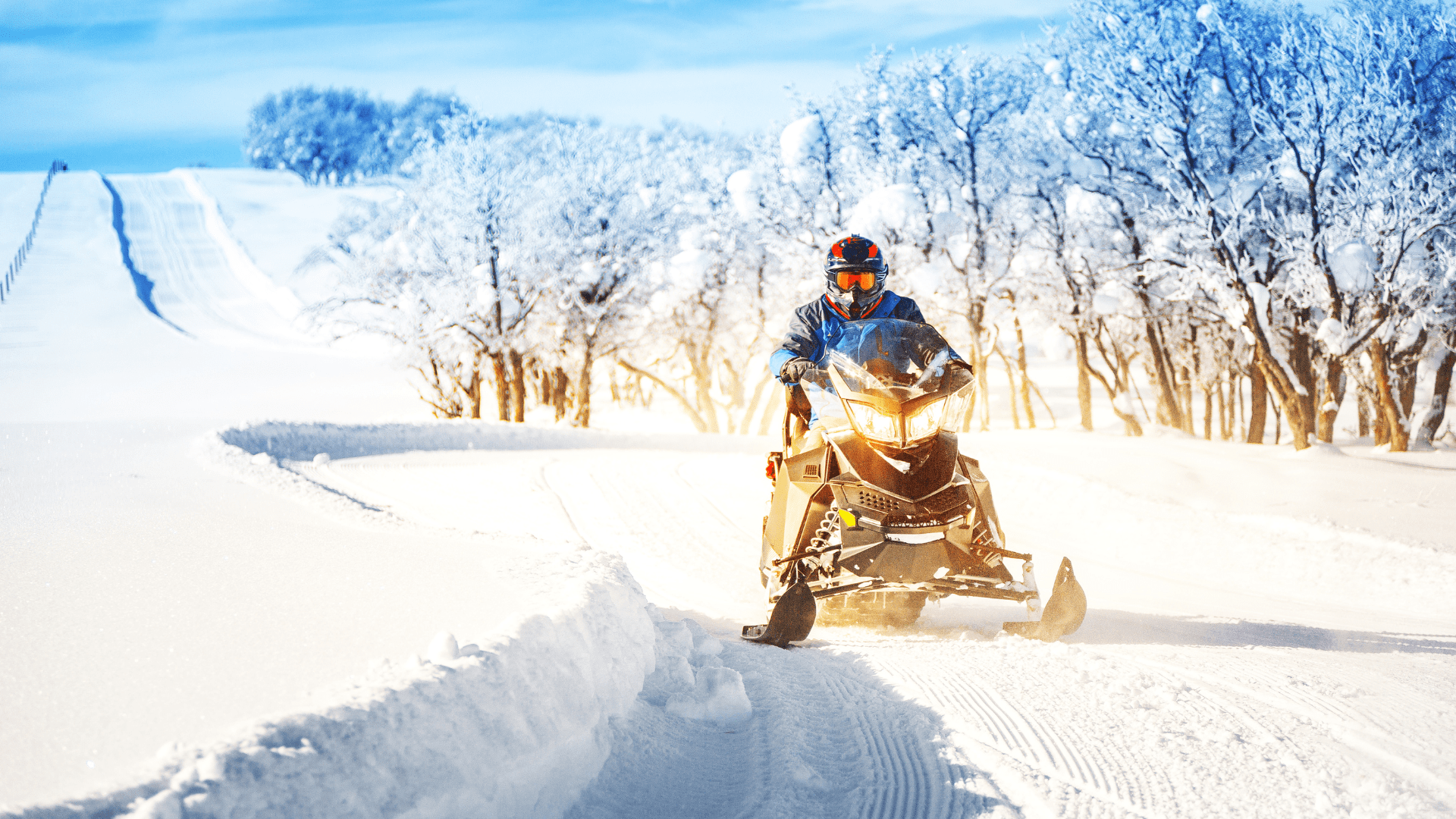Camping is one of the joys of summer for many Canadian families. But, to get the most out of the experience, it’s important to camp responsibly. If you have plans to pitch a tent at one of the country’s numerous campsites this summer, here are some tips and guidelines to keep you safe and protect the natural habitat of your campsite.
- Whenever you sleep or spend time away from your campsite, store items that might attract wild animals. Your vehicle or a bear-proof cooler are ideal places for storage*.
- Throw away your garbage in the campsite’s dedicated bins for trash and recyclables.
- Don’t cook food or leave food or other items with a strong smell inside your tent.
- Never dump cooking water or dishwasher on the camping grounds. Instead, use one of the sinks provided in the campground buildings.
- Never use your campfire as a garbage disposal to burn trash.
- Before lighting a fire, check to see if there are any fire bans at your campsite.
- If fires are permitted, only light them in designated fire pits.
- Never leave your camping area with a fire burning.
*Tents and tent trailers are not secure enough for storage.
Items That May Attract Wildlife:
– Coolers (full or empty)
– Food, even in closed containers
– Bottles and cans
– Dishes, cutlery, and cooking utensils
– Pet food and bowls
– Anything used for food preparation
– Lotions and toothpaste
– Garbage
Leave Your Valuables at Home
It may be tempting to take your fancy tech gadgets on your camping trip but resist the urge. The less attention you bring to your campsite with the sounds of technology, the better. After all, camping is about reconnecting with nature. However, if you feel you can’t leave home without them, you’ll be happy to know that most items lost or damaged while camping are typically covered up to a specific value under your home insurance policy.
If you have questions about whether a particular item would be covered if lost or damaged on your trip, talk to your advisor before you go.


